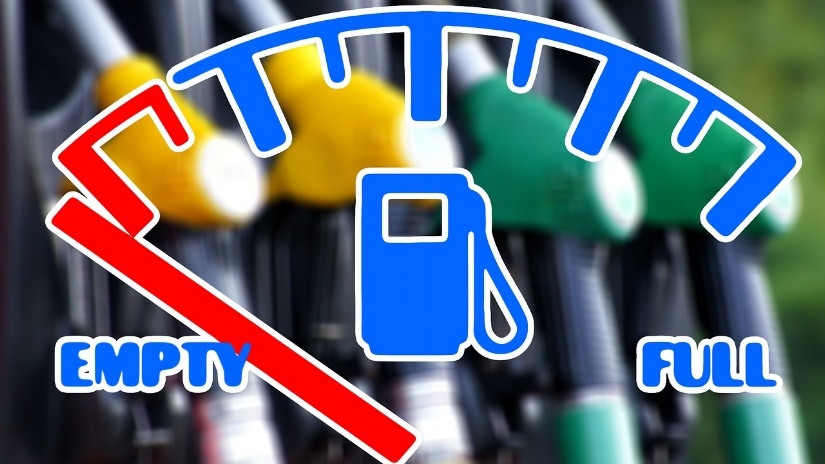 South Africa’s downgrade to Junk Status, along with rising fuel costs, will have a major impact on the economy. You’ll notice these five effects as a result of these increases.
South Africa’s downgrade to Junk Status, along with rising fuel costs, will have a major impact on the economy. You’ll notice these five effects as a result of these increases.Over the past 15 years, South Africa has experienced fuel price increases by more than 560% - a very alarming statistic. This equates to approximately 13% year on year, and things are looking to become even more dismal in the future. Between our recent Junk Status downgrade and rising fuel prices looming on the horizon, South Africans are wondering what’s in store for us going forward.
The cost of fuel has always been a hot topic of discussion but now, more than ever, people are wondering what affects fuel prices will have on the already limping economy. It can be difficult for large businesses in the corporate sector to manage their rising operational expenditure as a result of petrol hikes, but these increases will have an impact on everyone from big corporates all the way down to the ordinary man on the street.
There are five main areas that will be affected by an increase in fuel price:
Basic living costs
The first area South Africans can expect to feel the pinch of the petrol price hike will be the increased prices of basic necessities like food, toiletries and clothing.
The average South Africa’s income isn’t growing in line with inflation rates.
“The environment is really not complimentary toward household incomes. Average earnings growth in the private sector, including bonuses, used to average about 4.5%, but has now declined to 2.6% in the past year," writes Lesiba Mothata, the Chief Economist at Investment Solutions. Inflation, coupled with fuel price increases, will put huge pressure on families in the lower income brackets.
Transport
Industries (such as retail and logistics) that rely on transport via road will suffer the most from petrol hikes. These companies are forced to increase their prices in line with the fuel price, in order to remain profitable, which can lead to the loss of customers. Higher fuel prices will push up the cost of moving inventory between suppliers, bringing overall profit margin down. Businesses will need to optimise routes and supply chain management in order to eliminate any unnecessary, wasteful trips being made. This could entail increasing buffer stocks, in order to ship larger loads.
Want to find out which factors determine the price of fuel in South Africa? Read our article How the price of fuel is determined.
Unemployment
Increased transport costs, and steadily decreasing profit margins could force businesses to begin cutting costs wherever possible. This often leads to retrenchments, and an increase in unemployment. “Growing unemployment and a slowdown in our already abysmal growth rate of 1.2% will soon follow as foreign investors seek greener pastures” writes Lesiba.
Other South Africans may not be able to afford to get to their jobs anymore, thanks to the increased cost of things like public transport, forcing them to seek other means of employment closer to home.
Decentralised resources
Businesses would need to consider sourcing more of their resources locally, as opposed from shipping between cities. Companies may need to consider decentralising resources, from a central warehousing into regional warehouses to alleviate the warehouse to market distribution cost.
Vehicle choices
Fuel hikes in conjunction with the effects of Junk Status will force people to make more economical vehicle choices. Now, more than ever, fleets need to be assessing whether their vehicles are fit for purpose. When vehicle’s aren’t fit for purpose, they incur many additional costs due to excessive wear and tear, unexpected down time and wasted fuel.
Whilst no one is able to predict, with certainty, when we’ll feel the full effects of Junk Status and the rising cost of fuel, it’s a good idea for businesses to be prepared. It’s a good idea for fleet managers to ensure that their fleets are fully optimised, reducing any unnecessary fuel costs due to administrative errors, fraud or vehicles which aren’t fit for purpose.
For more information about fleet management, join our mailing list. We’ll keep you updated with all of the latest tips and trends from the industry.
